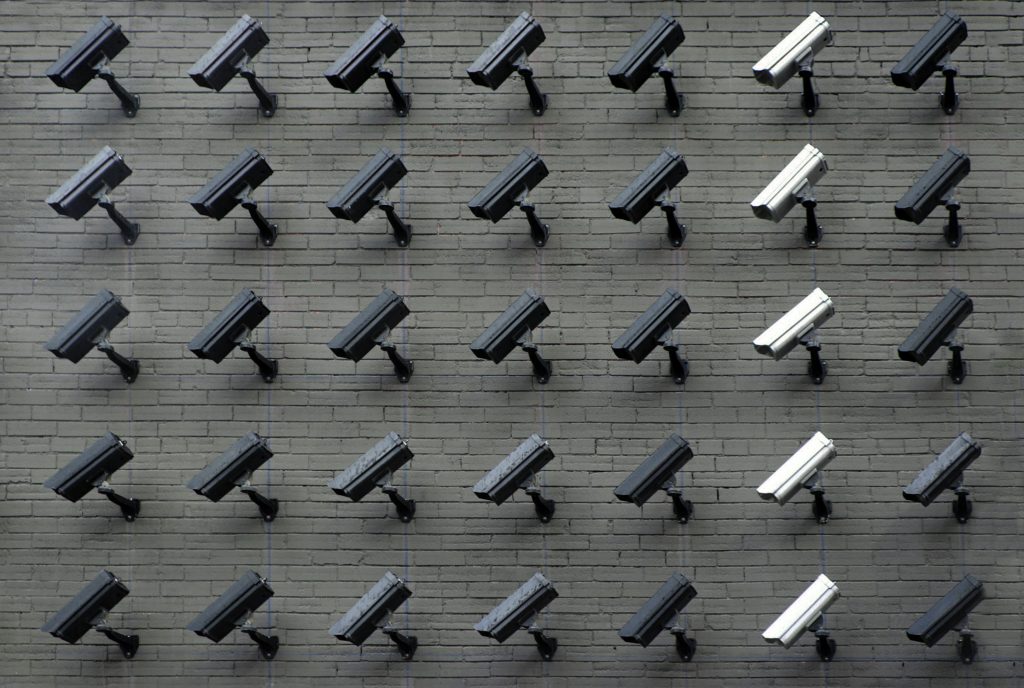The Legal Challenges of Generative AI and Intellectual Property

By Hee Jae Lee*
The rapid growth of generative artificial intelligence (AI) has brought both excitement and legal uncertainty, particularly in the realm of intellectual property (IP).[1] AI models can now generate text, images, music, and other content at an unprecedented scale, raising concerns about copyright infringement and fair use.[2] Business leaders and AI developers are eager to leverage these tools, but recent legal disputes indicate that the legal framework governing generative AI is far from settled.[3]
Two primary areas of concern have emerged: (1) the potential copyright infringement of AI-generated content that closely resembles existing works, and (2) the legality of using copyrighted material to train AI models.[4] Recent lawsuits, such as Alcon Entertainment, LLC v. Tesla, Inc. and Toronto Star Newspapers Ltd. v. OpenAI, Inc., are testing the limits of current IP laws.[5] As courts grapple with these novel legal issues, licensing agreements may offer a viable path forward, allowing AI companies to use copyrighted material while ensuring proper compensation for content creators.[6]
Copyright Issues in AI-Generated Content
One of the most pressing legal questions is whether AI-generated content can infringe on copyrighted works.[7] A notable case in this area is Alcon Entertainment, LLC v. Tesla, Inc., where Alcon Entertainment sued Tesla and Warner Bros. Discovery for allegedly using AI-generated imagery that mimicked an iconic scene from Blade Runner 2049.[8] The lawsuit claims that Tesla initially sought permission to use an actual image from the film, but, after being denied, used AI to create a visually similar alternative.[9]
This case illustrates a crucial point: even if the content is AI-generated rather than directly copied, it may still infringe upon existing copyrights. The key legal question is whether AI-generated content constitutes “derivative work” under the Copyright Act.[10] AI models do not create content in a vacuum; they generate output based on patterns learned from vast datasets of human-created works.[11] This raises concerns that AI-generated content might, in many instances, be more derivative than transformative, exposing companies to infringement liability.[12]
For businesses, the risks of using AI-generated content without careful review are significant. Many users assume that AI-generated works are “original” simply because they are generated by an algorithm, but courts may view them differently. Companies relying on generative AI for advertising, product design, or branding must exercise caution to avoid legal pitfalls, particularly when AI-generated content closely resembles existing copyrighted material.[13]
The Controversy Over AI Training Data
Beyond AI-generated outputs, another major legal battle concerns the data used to train AI models. Generative AI systems, including OpenAI’s ChatGPT and Uncharted Labs’ Udio, require vast amounts of text, images, and audio to learn how to produce realistic content.[14] However, content creators argue that AI companies are essentially engaging in mass copyright infringement by “scraping” publicly available data without obtaining proper authorization.[15]
In Toronto Star Newspapers Ltd. v. OpenAI, Inc., several major Canadian news outlets sued OpenAI, alleging that the company copied and used their articles to train ChatGPT without permission.[16] Similarly, in UMG Recordings, Inc. v. Uncharted Labs, Inc., major record labels filed a lawsuit against Uncharted Labs, claiming that its AI-generated music platform was trained on copyrighted sound recordings without proper licensing.[17]
AI companies may defend themselves by arguing that training data falls under “fair use,” a legal doctrine permitting limited use of copyrighted material without permission under certain circumstances.[18] However, courts have not yet issued a definitive ruling on whether large-scale AI training qualifies as fair use.[19] Given the financial stakes, ranging from potential damages to changes in how AI companies operate, these cases could set significant precedents for the future of AI development.[20]
The Case for Licensing Agreements
One potential solution to these legal challenges is to implement structured licensing agreements between AI companies and content creators.[21] A historical parallel can be drawn from the early days of digital music streaming when similar legal battles occurred.[22] Eventually, streaming services like Spotify and Apple Music adopted licensing models that compensated artists and record labels, creating a sustainable system for digital music distribution.[23]
A similar licensing framework could be applied to generative AI.[24] For instance, media companies and news outlets could negotiate agreements allowing AI firms to use their content for training in exchange for licensing fees.[25] OpenAI has already taken steps in this direction, securing licensing deals with The Associated Press and News Corp.[26] Such arrangements could establish a structured legal pathway for AI companies to access high-quality data without violating copyright laws.[27]
Conclusion
The intersection of generative AI and intellectual property law remains a legal gray area, with courts only beginning to address these novel challenges. The lawsuits against Tesla, OpenAI, and Uncharted Labs highlight the growing legal tensions surrounding AI-generated content and training data. As these cases progress, they may establish important precedents that shape the future of copyright law in the AI era.
For businesses and legal professionals, staying informed about these developments is crucial. Companies integrating generative AI into their workflows must conduct thorough legal reviews before using AI-generated content in public-facing materials. Additionally, AI developers should consider negotiating licensing agreements with content creators to avoid costly litigation and regulatory scrutiny.
Ultimately, a balanced approach that protects the rights of content creators while fostering AI innovation, will be essential for the responsible development of generative AI. Licensing agreements, much like those that transformed the music industry, may offer a workable compromise, ensuring that both AI companies and original creators can coexist in the evolving digital landscape.
By closely monitoring ongoing cases and adapting to emerging legal standards, attorneys and businesses alike will be better positioned to navigate the complexities of generative AI and intellectual property law.
* J.D. Candidate, Class of 2026, Sandra Day O’Connor College of Law at Arizona State University
[1] Josh Gerben, IP in the Age of AI: What Today’s Cases Teach Us About the Future of the Legal Landscape, Business Law Today (Feb. 13, 2025), https://businesslawtoday.org/2025/02/ip-in-the-age-of-ai-what-todays-cases-teach-us-about-the-future-of-the-legal-landscape/.
[2] Id.
[3] Id.
[4] Id.
[5] See Alcon Entertainment, LLC v. Tesla, Inc. et al, 2:24CV09033; Toronto Star Newspapers Ltd. v. OpenAI, Inc., No. CV-24-00732231-00CL (Ont. Super. Ct. Just. Nov. 29, 2024) (statement of claim).
[6] Gerben, supra note 1.
[7] Id.
[8] See Alcon Entertainment, 2:24CV09033.
[9] See id.
[10] 17 U.S.C. §§ 101-1332 (2022).
[11] Gerben, supra note 1.
[12] Id.
[13] Id.
[15] Id.
[16] See Toronto Star Newspapers, No. CV-24-00732231-00CL; Lisa R. Lifshitz & Laura Crimi, Scraping the Surface: OpenAI Sued for Data Scraping in Canada, Business Law Today (Feb. 12, 2025), https://businesslawtoday.org/2025/02/scraping-the-surface-openai-sued-for-data-scraping-in-canada/.
[17] See UMG Recordings, Inc. v. Uncharted Labs, Inc., No. 24 CIV. 4777 (AKH), 2024 WL 4986962 (S.D.N.Y. Dec. 5, 2024).
[18] Gerben, supra note 1.
[19] Id.
[20] Id.
[21] Id.
[22] Id.
[23] Id.
[24] Id.
[25] Id.
[26] See Matt O’Brien, ChatGPT-maker OpenAI signs deal with AP to license news stories, AP News (July 13, 2023), https://apnews.com/article/openai-chatgpt-associated-press-ap-f86f84c5bcc2f3b98074b38521f5f75a; Katie Robertson, OpenAI Strikes a Deal to License News Corp Content, N.Y. Times (May 22, 2024), https://www.nytimes.com/2024/05/22/business/media/openai-news-corp-content-deal.html.
[27] Gerben, supra note 1.


